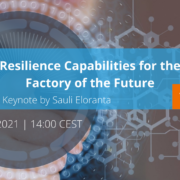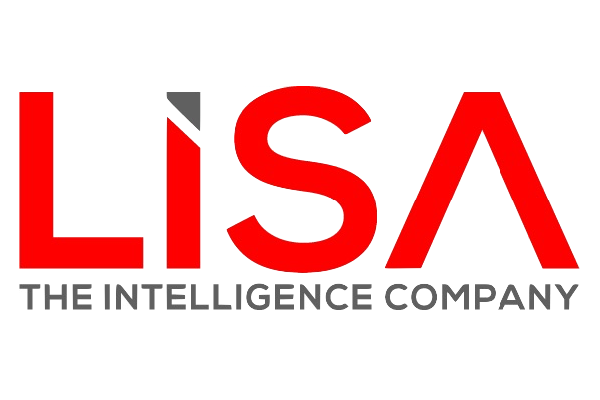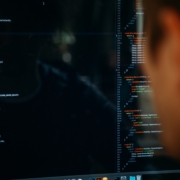Paper Presentation at the EDCC 2021
Carsten Thomas from the University of Applied Sciences Berlin (HTW) presented a paper at 17th European Dependable Computing Conference on 13-16 September 2021 in Munich, Germany. The paper titled “Service-Oriented Reconfiguration in Systems of Systems Assured by Dynamic Modular Safety Cases” was presented during the Workshop on Dynamic Risk managEment for AutonoMous Systems (DREAMS).
Access to the full text via the conference proceedings.
Authors: Carsten Thomas, Elham Mirzaei, Björn Wudka, Lennart Siefke, Volker Sommer
Astract:
The drive for automation in industry and transport results in an increasing demand for cooperative systems that form cyber-physical systems of systems. One of the characteristic features of such systems is dynamic reconfiguration, which facilitates emergent behavior to respond to internal variations as well as to environmental changes. By means of cooperation, systems of systems can achieve greater efficiency regarding fulfillment of their goals. These goals are not limited to performance, but must also include safety aspects to assure a system of systems to operate safely in various configurations. In this paper, we present a reconfiguration approach which includes consideration of dynamic modular safety cases. During operation, configuration of system of systems will adapt to changes, selecting the most appropriate service composition from the set of possible compositions derived from blueprints. Variations of service compositions lead to changes in the associated safety cases, which are evaluated at run-time and taken into account during configuration selection. With this approach, safe operation of cyber-physical systems of systems with run-time reconfiguration can be guaranteed.
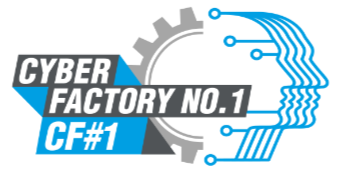

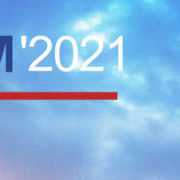
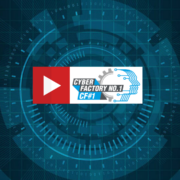
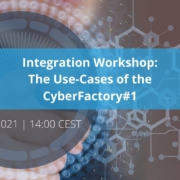
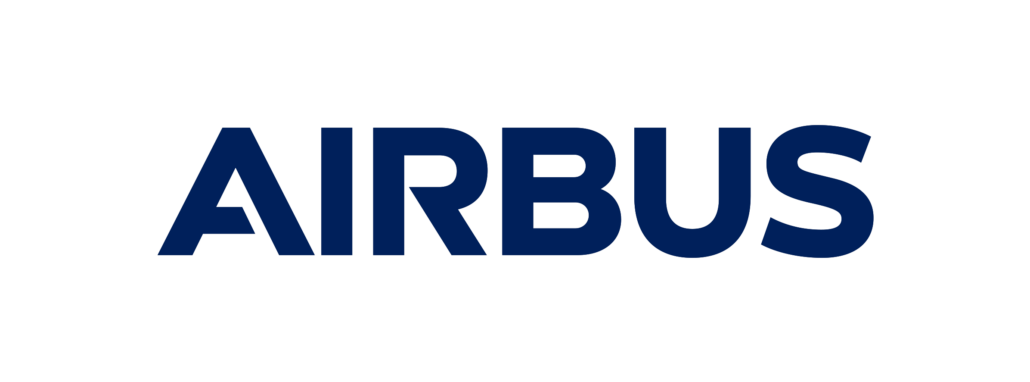

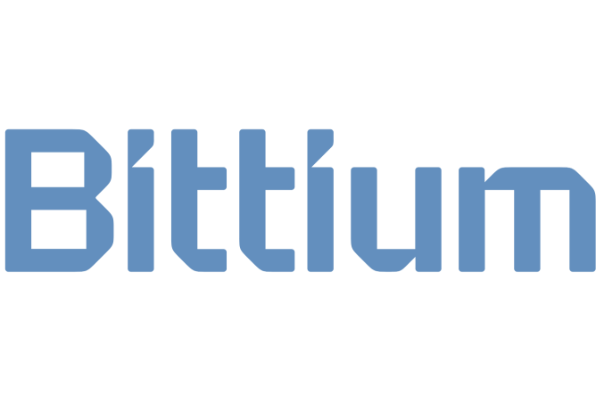
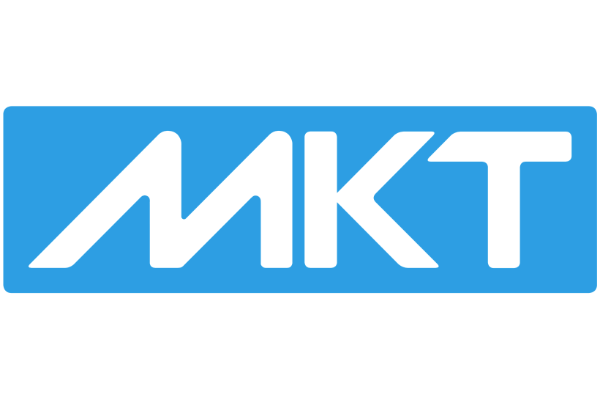



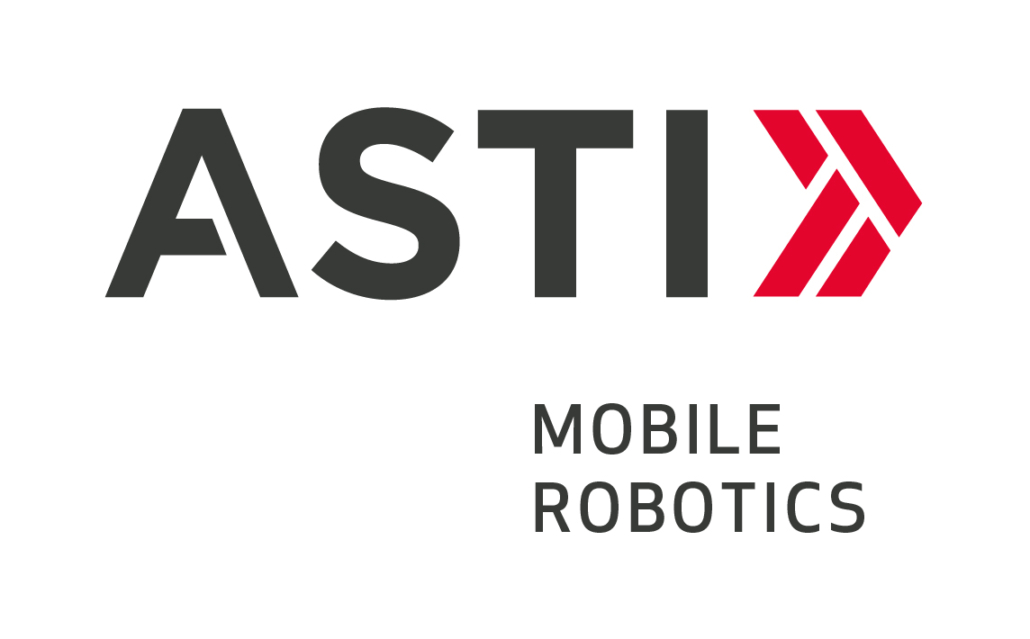
 https://pixabay.com/photos/writing-write-person-paperwork-828911/
https://pixabay.com/photos/writing-write-person-paperwork-828911/